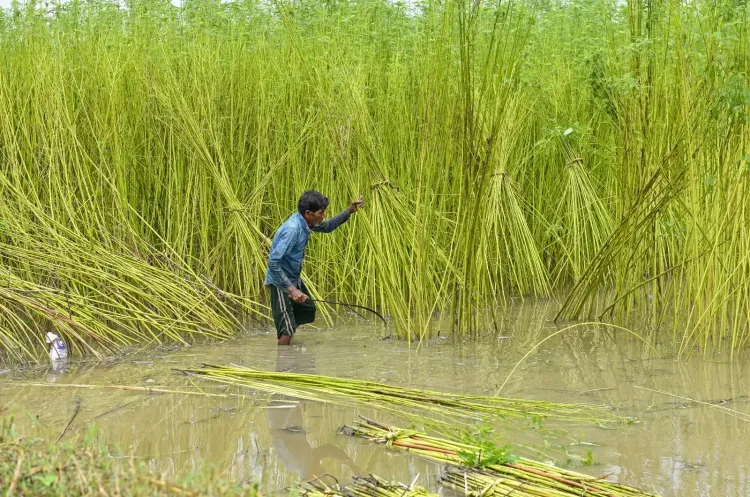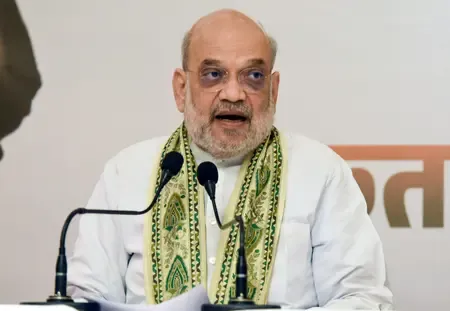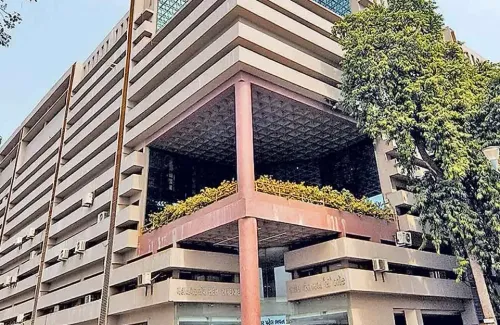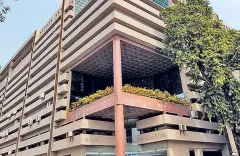Government Increases Raw Jute MSP by Rs 315 for 2025-26

Synopsis
Key Takeaways
- MSP for raw jute increased by Rs 315 for 2025-26.
- New rate set at Rs 5,650 per quintal.
- 66.8% profit margin assured for farmers.
- 40 lakh families depend on the jute industry.
- Jute Corporation of India to oversee price support operations.
New Delhi, Jan 22 (NationPress) The Centre has sanctioned an elevation of Rs 315 per quintal in the Minimum Support Price (MSP) for raw jute for the marketing season of 2025-26.
In a meeting led by Prime Minister Narendra Modi, the Cabinet Committee on Economic Affairs (CCEA) has set the MSP of Raw Jute (TD-3 grade) at Rs 5,650 per quintal for the 2025-26 season. This adjustment guarantees a profit margin of 66.8% over the all-India weighted average production cost.
The newly approved MSP aligns with the government’s commitment to set MSP at a level of no less than 1.5 times the all-India weighted average production cost, as declared in the Budget 2018-19, according to an official statement released post-CCEA meeting.
Comparatively, the MSP of Raw Jute for the marketing season 2025-26 reflects an increase of Rs.315 per quintal from the prior marketing season 2024-25, the statement indicated.
The statement underscored that the Government of India has escalated the MSP of raw jute from Rs.2400 per quintal in 2014-15 to Rs.5,650 per quintal in 2025-26, marking a rise of Rs 3250 per quintal (2.35 times).
During the period of 2014-15 to 2024-25, the total MSP disbursed to jute farmers amounted to Rs 1300 crore, compared to Rs 441 crore from 2004-05 to 2013-14, as stated.
Approximately 40 lakh farm families rely directly or indirectly on the jute industry. Furthermore, around 4 lakh workers are employed directly in jute mills and related trades.
Last year, jute procurement involved 170,000 farmers, with 82% of jute producers residing in West Bengal, while Assam and Bihar each contributed 9% to jute production.
The Jute Corporation of India (JCI) will remain the central government’s nodal agency to manage price support operations, with any losses from these operations to be fully reimbursed by the government, according to the official announcement.









